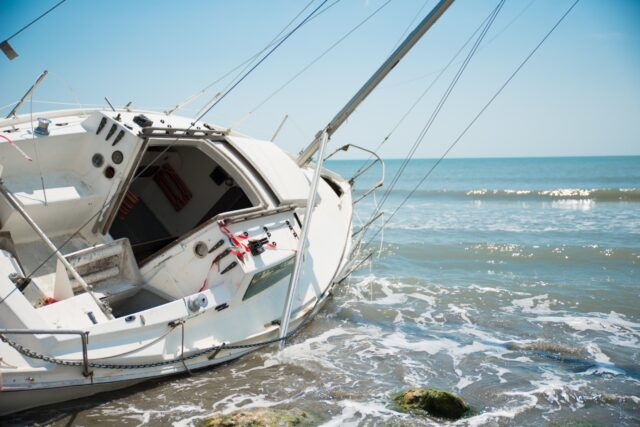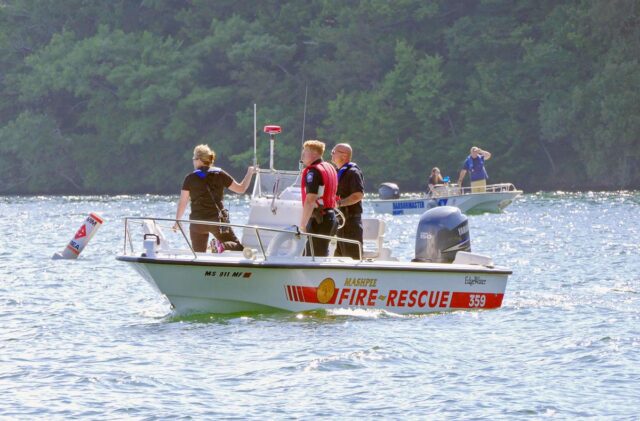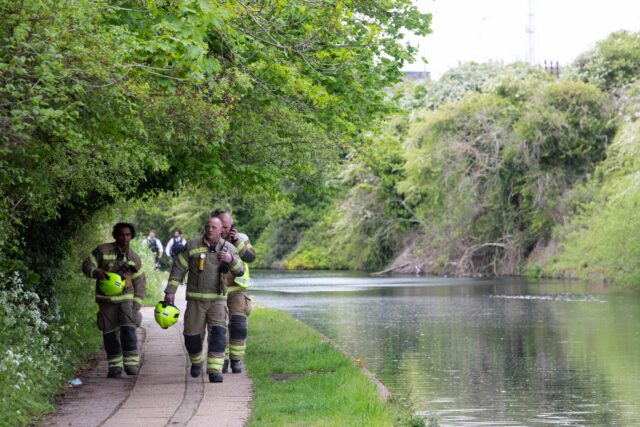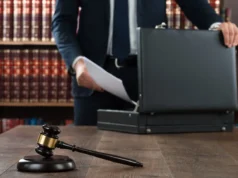
When you take your boat out on a warm summer day, you expect to have fun. You don’t expect to end up in a serious accident. But expectations aside, boating accidents do happen – and you need to be prepared.
5 Steps You Should take
Boating accidents might not be as common as car accidents, but they do happen. And if you find yourself involved in one, here are some steps you should take:

1. Keep Everyone Safe
The very first priority is to keep everyone on the boat safe. Immediately after being involved in an accident, you should:
- Perform a headcount to make sure nobody is missing. If someone has fallen overboard, getting them back into the boat is the priority. If anyone appears to be unconscious or unalert, bring them to a safe place on the boat.
- If you’re in an area where there’s heavy boating traffic, additional urgency should be taken to bring people in and notify other boats that you’re in distress. Use your boat horn and wave your hands over your head (if necessary) to alert people of your situation. If it’s nighttime, flash your lights.
- All healthy and capable bodies should immediately help individuals who show obvious signs of being motionless and/or hurt.
Make sure you always have a first aid kit on the boat. If you are not sure what you need to bring, tltraining.co.uk has put a nice guide on their website, so make sure to check that out. In case some minor injuries occur, you want to have all the things at hand in order to provide first aid before paramedics arive.

2. Get Medical Help
Once everyone is accounted for and in the boat, turn your attention toward getting injured passengers the medical help they need.
If there are any serious injuries, call for help immediately. Assuming you have cellular service, use a phone to call 911 and notify emergency personnel of your location. (Give them the location of where you are in the water, as well as the nearest marina or dock.) If injuries are minor, grab a first aid kit and administer care.
Not sure whether injuries are serious enough to warrant immediate medical attention from a healthcare professional? Always err on the side of caution and call 911. This is one of those situations where it’s better to be safe than sorry.
Common boating accident injuries include traumatic brain injuries, burns, whiplash, lacerations, and broken bones. Just because you don’t see visible injuries (like blood or obvious broken bones), doesn’t mean there are no injuries.
Internal injuries can often be masked by adrenaline and symptoms may not emerge until much later. This is why it’s always a good idea to get medical help if you suspect anything at all.

3. Document and Report the Accident
As soon as everyone is in a stable position, the next step is to document and report the accident. Here are some suggested actions to take:
- Remember key landmarks to pinpoint your location in the water.
- Take photos of the scene, including all boats involved, scenery, and other details.
- Get the names and contact details of anyone involved (especially other parties).
- If you see witnesses nearby, gather their contact information as well.
- Only give a statement to officials on the scene. (Avoid admitting fault to other boaters.)
As far as reporting goes, you’re legally required to report the accident to the US Coast Guard if it results in any of the following: a fatality, a missing person, an injury requiring more than first aid, property damage of at least $2,000, or a destroyed vessel.
“You should have a Very High Frequency (VHF) FM marine radio on board your boat, especially if you plan on going on longer boating trips or if you may be boating far from shore,” BOATsmart mentions. “VHF FM marine radios are much more reliable than cell phones because they provide communication between your boat and the Coast Guard as well as the other boaters around you.”
On your VHF FM marine radio, switch over to channel 16 and send a distress call. Here’s the exact process:
- Speak the word “MAYDAY” three times. (This is the distress signal.)
- Follow that up with the words “THIS IS” (spoken once).
- Name your vessel (spoken three times), followed by your call sign or boat registration number (spoken once).
- Repeat “MAYDAY” followed by the name of the vessel (once).
- Give out the position of your boat by latitude, longitude, or bearing, as well as an approximate distance to a well-known landmark.
- Give the nature of your distress (boating accident) and the kind of assistance you’re seeking.
- Communicate how many people are onboard and provide any other information that might be important for rescuers.
- Finish with the word “OVER.”
Pause after delivering the distress signal. If you don’t hear anything within 20 seconds, repeat again. Continue in intervals until an answer is received.

4. Hire an Attorney
If you or someone in your boat has been injured in a boating accident, hiring a personal injury lawyer like DolmanLaw is a must. Make sure to look for one who has experience with boating accidents. The insurance companies might pretend they have your best interests in mind, but they only care about their own wallets. An attorney can help you get the proper compensation you deserve. They’ll also help you avoid a situation where the other boaters try to blame you for the accident.

5. Follow Orders
Once you’ve sought out medical attention, reported the boating accident to the proper parties, and hired an attorney, your only job is to follow orders.
If you’re injured and a doctor provides you with a recovery plan, do everything they tell you. If your attorney asks you to be quiet and let him handle the communication with the insurance company, heed his advice. Patience is an extremely important piece of this puzzle. If you try to barrel through on your own, you could compromise the case.
Have a Plan Beforehand
You can’t wait until you’re in the aftermath of a boating accident to figure out what you need to do. If you go into the situation unprepared, you’ll make rushed, emotional decisions that could potentially exacerbate the situation and create even more challenges.
It’s imperative that you know what to do before the situation occurs. This means having a mental checklist of steps to take before you ever find yourself in the situation. Then, when/if it does occur, you’ll be able to take calculated steps that keep you medically, legally, and financially safe.





